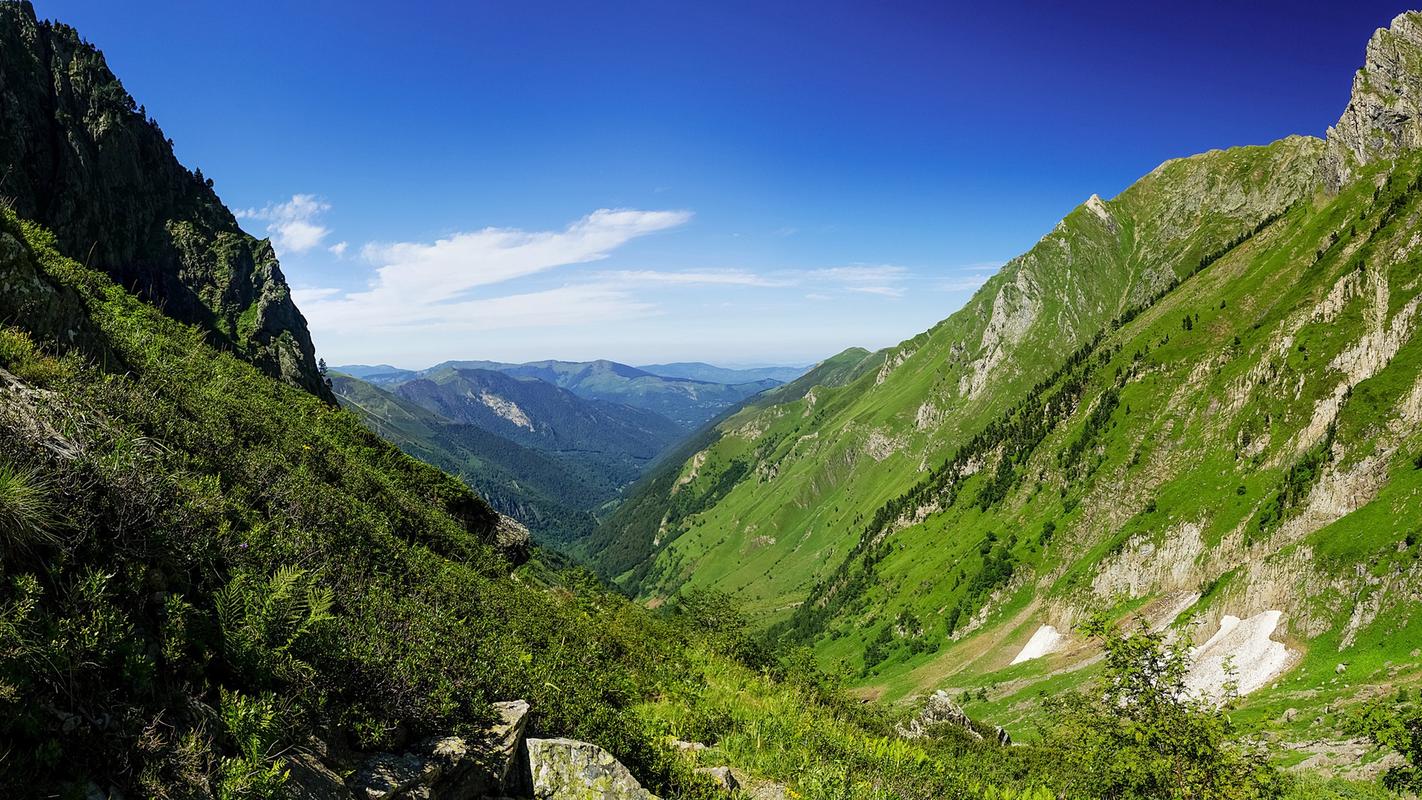Exploring the Fascinating World of Cultural Traditions: A Comprehensive List of Celebrations and Customs
As we traverse the world, we encounter many diverse cultures and traditions that fascinate us. Beliefs, customs, and festivals differ from country to country, often mirroring the history, values, and lifestyle of the people. Exploring the world of cultural traditions can be a thrilling experience that offers us a glimpse into how others live, think and celebrate.
Here is a comprehensive list of celebrations and customs from around the world that are steeped in ancient traditions and fascinating stories.
1. Holi – The Festival of Colors
Holi is an ancient Hindu festival that celebrates the victory of good over evil. The festival lasts for two days and is celebrated in India, Nepal, and countries with large Hindu populations. It is a colorful festival that involves throwing colored powder and water at each other, marking the beginning of spring.
2. Dia de los Muertos – The Day of the Dead
Dia de los Muertos is a Mexican festival that honors the dead and coincides with the Catholic All Saints’ Day and All Souls’ Day. The multi-day celebration involves building ofrendas, or altars, to honor and remember loved ones who have passed away. The altars are adorned with candles, flowers, and decorated sugar skulls.
3. Songkran – The Water Festival
Songkran is the Thai new year festival, celebrated in April, which also marks the beginning of the rainy season. During the three-day celebration, the streets come alive with a water fight where people drench each other with water guns, buckets, and hoses. Songkran is also a time to visit temples, give offerings to monks, and pay respect to elders.
4. Ramadan – The Month of Fasting
Ramadan is the ninth month of the Islamic calendar and is considered the holiest month in Islam. It is a time of fasting, prayer, and reflection for Muslims around the world. From dawn until dusk, Muslims abstain from eating, drinking, and other worldly pleasures. The fast is broken at sunset with a meal called iftar.
5. Carnival – The Pre-Lenten Festival
Carnival is an internationally known festival that precedes the Christian season of Lent. It is an event that is celebrated in many countries around the world in different forms, usually with street parties, parades, and extravagant costumes. The most famous carnival celebrations include the Mardi Gras in New Orleans, Rio Carnival in Brazil, and Carnival of Venice in Italy.
6. Chinese New Year – The Spring Festival
Chinese New Year, also known as the Spring Festival, is the most important traditional festival in China. It is celebrated at the turn of the lunar calendar and marks the beginning of the new year. The festival lasts for fifteen days and is marked with family reunions, fireworks, and the exchange of red envelopes containing money.
7. Bonfire Night – Guy Fawkes Night
Bonfire Night, also known as Guy Fawkes Night, is an annual British celebration that commemorates the foiled Gunpowder Plot of 1605. The festival is marked with bonfires, fireworks, and the burning of effigies of Guy Fawkes, a member of the plot. The night is celebrated on November 5th and is a time for family gatherings, warming food, and snuggling up by the fire.
8. Yi Peng – The Lantern Festival
Yi Peng is a festival celebrated in northern Thailand, Laos, and the Shan State of Burma. It is also known as the Lantern Festival, and it is celebrated on the full moon of the twelfth lunar month. During the festival, people release thousands of paper lanterns into the sky, creating a stunning display of light and color.
9. Thanksgiving – The Harvest Festival
Thanksgiving is an American holiday that commemorates the first harvest feast celebrated by the Pilgrims in 1621. It is celebrated on the fourth Thursday of November and is a time to give thanks for the blessings in life, such as family, health, and good fortune. The centerpiece of the Thanksgiving meal is the roasted turkey, served with traditional side dishes like stuffing, cranberry sauce, and sweet potato casserole.
10. Ekeko – The God of Abundance
Ekeko is a Bolivian deity of abundance, luck, and prosperity. His festival is celebrated on January 24th, when Bolivians offer miniature gifts to Ekeko, hoping to receive good fortune and abundance in return. The most popular gifts are miniature houses, cars, and even money, all made of colorful materials and arranged in displays around the deity’s statue.
Conclusion
Exploring the world of cultural traditions is an enriching experience that can broaden our horizons and help us understand the history, values, and lifestyle of other people. The celebrations and customs listed above are just a few examples of the fascinating variety of traditions that exist in different parts of the world. As we celebrate our own traditions and customs, let us also appreciate and respect the diversity of others.
(Note: Do you have knowledge or insights to share? Unlock new opportunities and expand your reach by joining our authors team. Click Registration to join us and share your expertise with our readers.)
